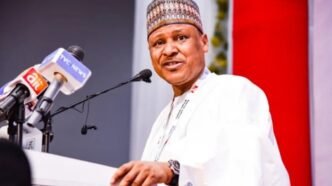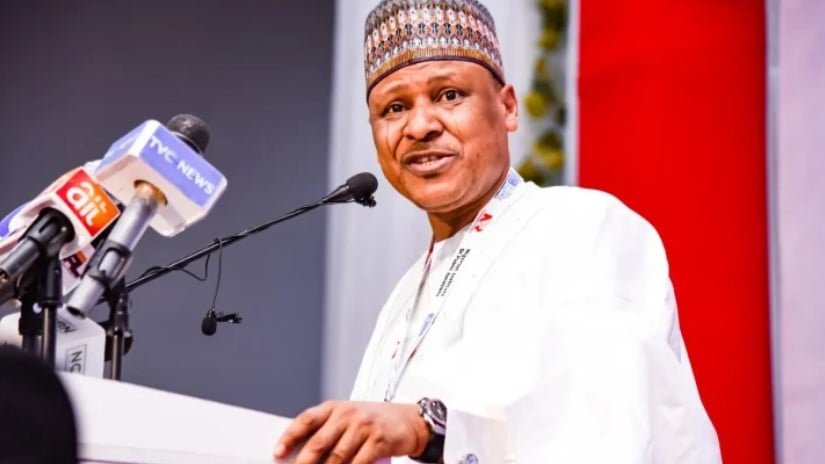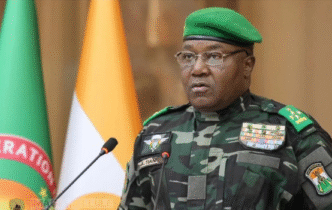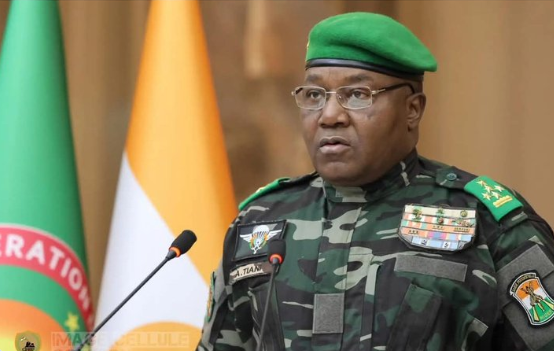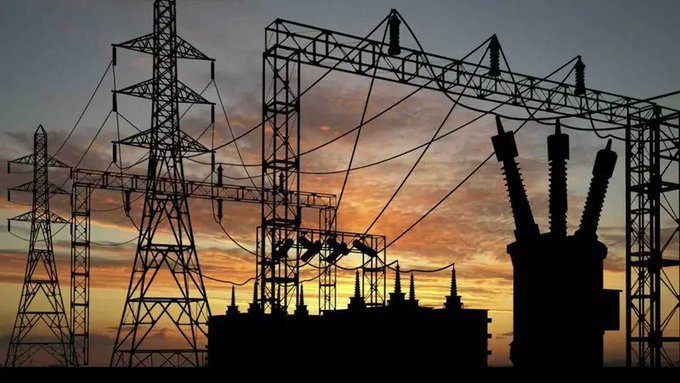Abuja – September 29, 2025
The Federal Government has announced that Nigeria’s 65th Independence Day anniversary will be celebrated in a low-key manner, in line with its commitment to reduce the cost of governance while still preserving the symbolic importance of the event.
The Minister of Information and National Orientation, Mohammed Idris, disclosed this during the Pre-Independence World Press Conference held on Monday in Abuja.
Theme of the Celebration: “All Hands on Deck”
According to Idris, this year’s commemoration will be guided by the theme “All Hands on Deck”, reflecting the government’s call for unity, collaboration, and shared responsibility among Nigerians in the face of current economic and social challenges.
He explained that the celebration had already begun with the Jummat prayers held on Friday, September 26, and a thanksgiving service conducted on Sunday, September 28. Both events, he said, were aimed at invoking divine blessings for peace, stability, and prosperity in the nation.
Activities to Be Held
While the independence celebration will not feature the grandeur of parades and festivities as in previous years, a few symbolic activities will still take place. These include:
- The unveiling of the National Value Charter, a government initiative championed by the National Orientation Agency (NOA). The charter is designed to reawaken Nigeria’s value system, promote civic responsibility, and encourage patriotism among citizens.
- A national broadcast by President Bola Tinubu, in which he is expected to outline the government’s achievements, reaffirm its policy priorities, and rally citizens toward collective nation-building.
- Minimal ceremonial events at the presidential villa, attended by top government officials and invited dignitaries.
Idris emphasized that the scaled-down activities reflect the government’s recognition of the need to cut costs while ensuring that the essence of Independence Day is not lost.
Why a Low-Key Independence Day?
The Minister explained that the decision was influenced by both financial and symbolic considerations. He noted that the administration was committed to demonstrating fiscal prudence in a period marked by economic reforms, subsidy removal, and efforts to stabilize the national currency.
“Activities will be low-key. We are conscious of the economic situation and the need to prudently manage our resources while still celebrating the progress of our country,” Idris said.
He added that Nigeria’s independence anniversary remained a “moment of sober reflection”, providing citizens with an opportunity to look back on the journey since 1960 while considering the sacrifices necessary for future growth.
The National Value Charter
A key highlight of the celebration will be the unveiling of the National Value Charter. Idris explained that this initiative is aimed at institutionalizing a framework for national ethics and shared values, aligning with the Renewed Hope Agenda of President Bola Tinubu’s administration.
According to the Minister, the charter seeks to redefine national orientation, restore trust between government and citizens, and encourage Nigerians to embrace values such as hard work, honesty, discipline, and social responsibility.
Observers say this move mirrors past initiatives such as the War Against Indiscipline (WAI) under the Buhari regime in the 1980s and the Rebranding Nigeria campaign under former Information Minister Dora Akunyili, though this charter is being pitched as more comprehensive and enduring.
National Mood and Public Expectations
Nigeria marks its 65th Independence anniversary at a time of economic uncertainty, rising cost of living, and debates over the government’s policy choices.
Some citizens have welcomed the decision to mark the day in a modest manner, saying it reflects empathy for the hardship being faced by the public. Others argue that even symbolic national celebrations are necessary to lift morale and foster unity.
Civil society groups have also emphasized that the low-key approach should not undermine accountability. They urge the government to use the independence broadcast as a platform to present clear progress reports and realistic roadmaps for economic recovery.
Looking Ahead
As Nigeria prepares for its 65th anniversary, the government’s emphasis on values, unity, and prudent spending underscores its attempt to balance tradition with fiscal realities.
Whether the low-key celebration will resonate positively with citizens remains to be seen, but the unveiling of the National Value Charter is expected to be closely watched as a test of the government’s seriousness in fostering national cohesion and trust.
For many Nigerians, Independence Day 2025 will be less about the pomp of parades and more about reflecting on the country’s challenges, opportunities, and the shared responsibility of building a more prosperous future.

